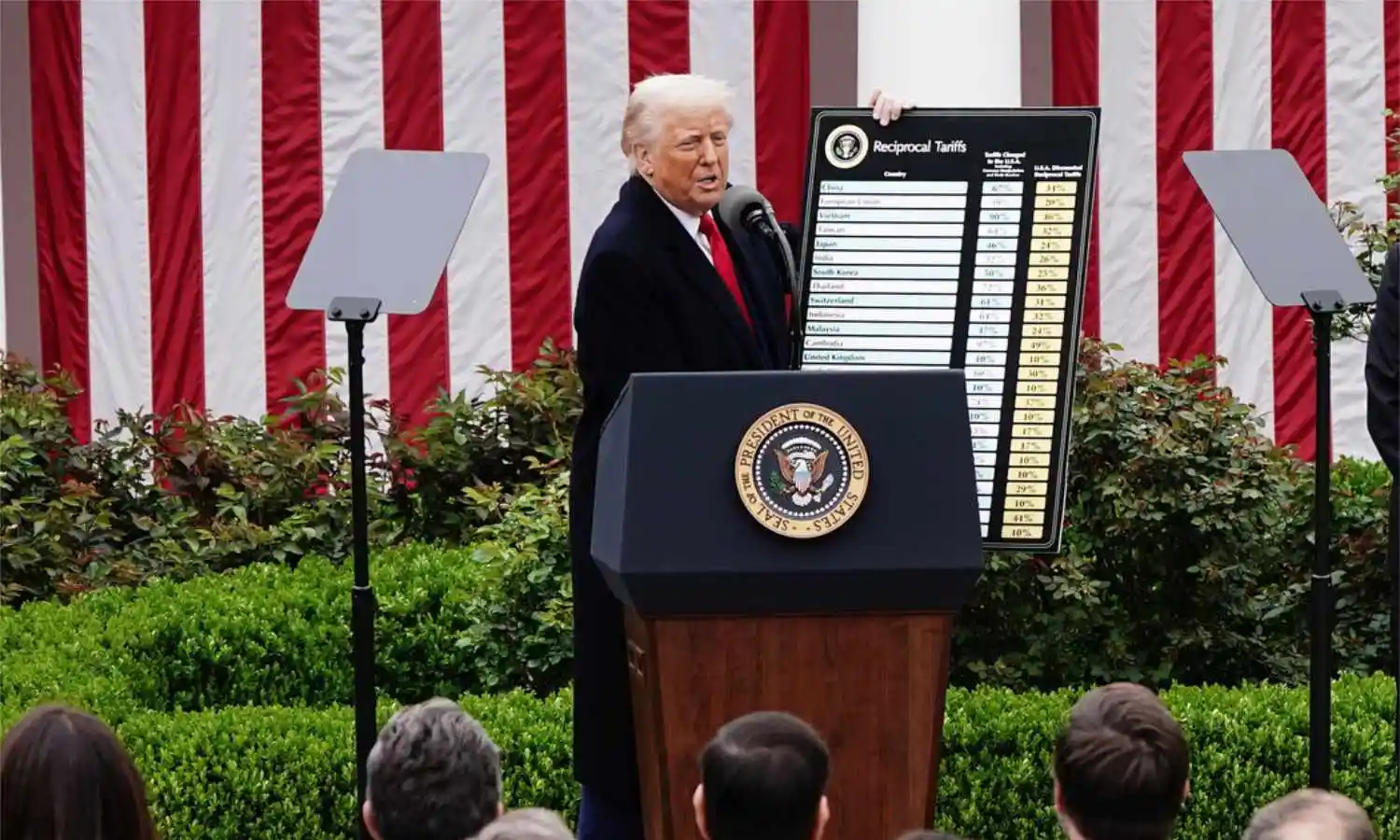2025년 4월 2일, 도널드 트럼프 대통령은 백악관 로즈가든에서 열린 기자회견에서 미국을 다시 부유하게 만들기 위한 '경제적 독립 선언'이라는 프레임을 씌워 대대적인 관세 계획을 발표했습니다. 새로운 관세는 대부분의 국가에 101%라는 기본 세율을 부과하고 특정 국가에는 더 높은 세율을 부과합니다: 중국의 경우 34%, 유럽연합의 경우 20%, 베트남의 경우 46% 등입니다. 이러한 조치는 다른 국가들이 미국산 제품에 부과하는 관세 및 비관세 장벽에 대응하기 위한 것입니다.
플라스틱 금형 산업에 미치는 잠재적 영향
- 공급망 중단 및 비용 증가
- 금형 제조에 중요한 재료인 철강과 알루미늄에 대한 관세로 인해 이미 공급망 차질과 비용 증가에 대한 우려가 제기되고 있습니다. 이러한 금속은 자동차 및 항공 우주와 같은 산업에서 사용되는 금형 생산에 필수적입니다.
- 관세가 확대되면 이러한 문제가 더욱 악화되어 플라스틱 금형의 생산 비용이 높아질 수 있습니다. 이로 인해 미국 제조업체가 국내 대안을 찾지 못하거나 비용을 흡수하지 못하면 글로벌 경쟁력이 떨어질 수 있습니다.
- 리쇼어링 및 국내 제조
- 트럼프의 정책은 금형을 포함한 수입품에 관세를 부과하여 리쇼어링을 장려하는 것을 목표로 합니다. 이는 값싼 외국 제품과의 경쟁을 줄임으로써 미국 금형 제조업체에 도움이 될 수 있습니다.
- 그러나 당면한 과제는 고품질의 국산 자재를 구할 수 있고, 큰 가격 인상 없이 수요 증가에 대응할 수 있는 능력을 갖추는 것입니다.
- 글로벌 경제 영향
- 경제학자들은 이러한 관세가 세계 경제 둔화, 경기 침체 위험 증가, 미국 가계의 생활비 상승으로 이어질 수 있다고 경고합니다.
- 플라스틱 금형 산업의 경우, 이는 비용 상승과 경제 성장 둔화로 인한 수요 감소를 의미하며 국내 및 해외 시장 모두에 영향을 미칠 수 있습니다.
- 면제 및 세부 사항
- 철강, 알루미늄 및 자동차와 같은 특정 상품은 이미 이전 관세의 적용을 받았기 때문에 새로운 관세에서 제외됩니다.
- 이 면제는 플라스틱 금형 산업에 직접적인 영향을 미치지는 않지만, 광범위한 경제적 효과는 여전히 수요와 생산 비용에 영향을 미칠 수 있습니다.
결론
트럼프의 관세 정책은 국내 제조업을 강화하고 해외 무역 장벽에 대응하기 위해 고안되었습니다. 그러나 플라스틱 금형 부문과 같이 수입 자재에 의존하는 산업에는 상당한 도전이 될 수 있습니다. 리쇼어링과 국내 생산 증가의 기회가 있을 수 있지만, 즉각적인 영향으로는 비용 상승과 공급망 차질이 발생할 가능성이 높습니다. 글로벌 경제 환경이 이러한 변화에 적응함에 따라 플라스틱 금형 산업은 경쟁력을 유지하기 위해 적응해야 할 것입니다.

